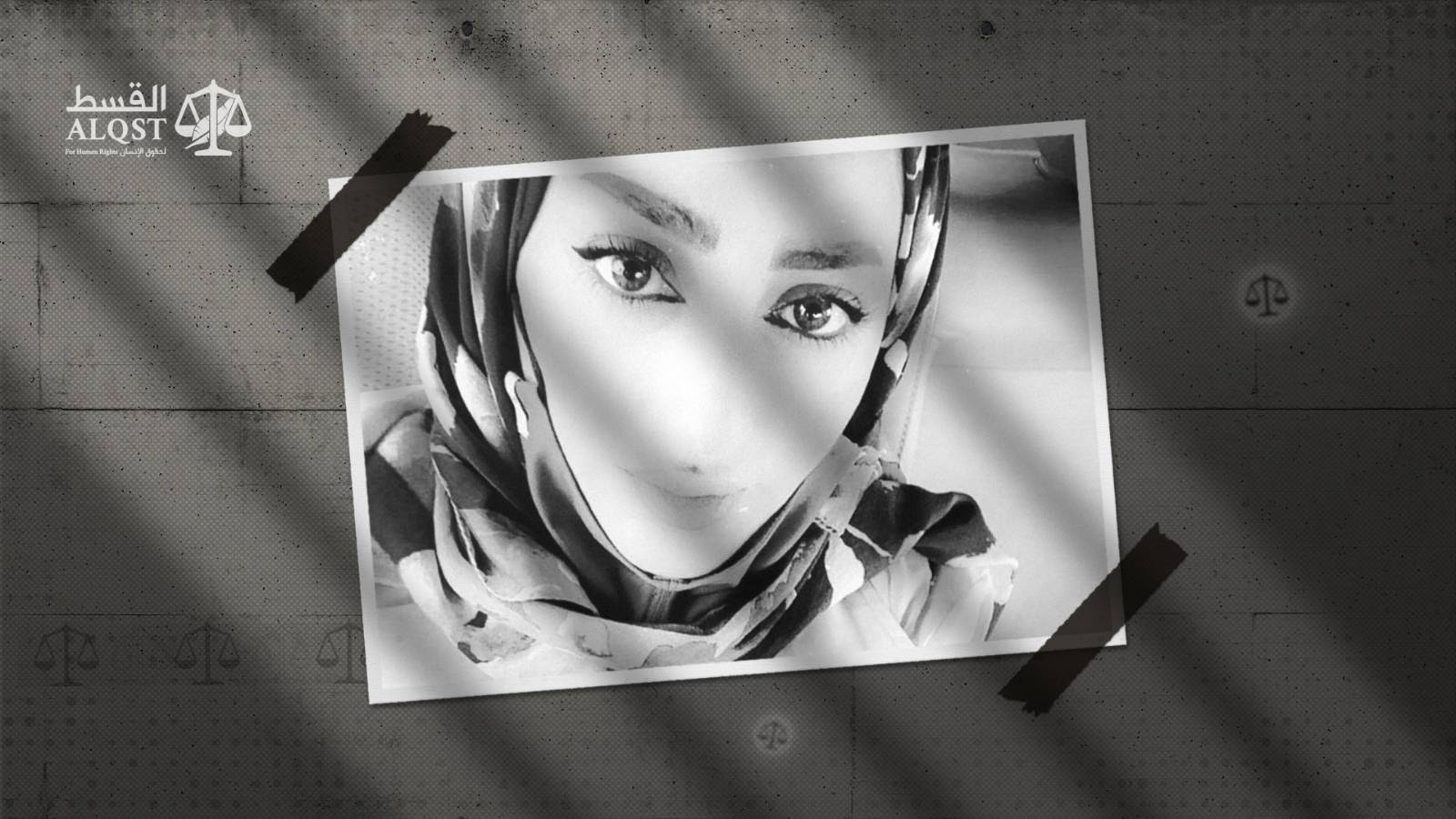
A Saudi physician and activist has gone missing after her arrest in Saudi Arabia two months ago, a rights group said on Tuesday.
According to the London-based ALQST group, Lina Alsharif, a 33-year-old Saudi doctor, was arrested in May 2021 and has since been forcibly disappeared. Her arrest appears to be related to her activism on social media, the group said.
“Alsharif’s apparent enforced disappearance is of grave concern, particularly given the Saudi authorities’ systematic and widespread use of the practice to silence critical voices,” ALQST Deputy Director Josh Cooper said in a statement.
ALQST has called on Saudi authorities to reveal the whereabouts of Alsharif and others who have been forcibly disappeared, and to immediately and unconditionally release all those arbitrarily arrested for expressing their opinions.
Translation: ALQST has received credible information about the arrest of Saudi physician Lina Alsharif weeks ago, and that she may still be forcibly disappeared. Her arrest seems to be linked to her peaceful activism on social media. ALQST calls on Saudi authorities to immediately reveal her whereabouts. Freedom for Lina.
According to the United Nations Working Group on Enforced or Involuntary Disappearances (WGEID), the practice of enforced disappearance in Saudi Arabia is “pervasive and deliberate”, and “embedded in the institutional and policy framework of Saudi Arabia”.
WGEID decried the use of disappearances “to suppress beliefs and behaviours that do not align with state-sanctioned political and religious dogma”.
“Saudi Arabia does not have specific legal provisions criminalising enforced disappearance, and the existing legislation fails to offer sufficient protection against this crime, leaving persons vulnerable to the discretionary practices of the institutions holding criminal justice power,” it said.
Human Rights Watch last week revealed new details of torture and ill-treatment of female political prisoners in Saudi jails.
A Saudi prison guard based in Dhabhan prison, north of Jeddah, provided the watchdog with further evidence that prisoners, such as women’s rights activist Loujain al-Hathloul, were subjected to violent treatment including electric shocks, beatings, whippings and sexual threats.
The testimonies expand upon numerous reports of the degrading treatment that political prisoners have suffered in recent years, following a wide-ranging crackdown initiated by Crown Prince Mohammed bin Salman in 2017.
Source: MEE